IATI Partner Country Workshop (17-18 May 2022 Kigali, Rwanda)
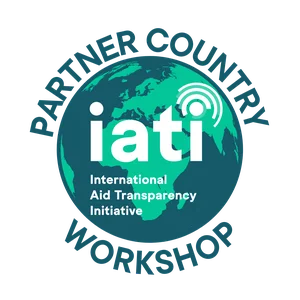
On 17-18 May 2022, the International Aid Transparency Initiative (IATI) hosted a partner country government workshop, in collaboration with the government of Rwanda, at that time an incoming Governing Board member. Representatives from 13 governments who are members of IATI (Benin, Burkina Faso, Chad, Colombia, Guinea, Honduras, Lesotho (observer ¹), Liberia, Malawi, Nepal, Nigeria, Rwanda, and Sierra Leone) joined the workshop, exploring how to use IATI data as a complement to external development finance data available at the national level. Over two days, participants discussed how IATI data can improve governments’ visibility of billions of dollars of external development and humanitarian resources, and ensure more effective planning, budgeting, coordination, and monitoring. Participants also received updates on improvements to IATI data quality since the last face-to-face meeting of partner country government members, as well as in-depth training on how to use IATI’s new Country Development Finance Data tool.
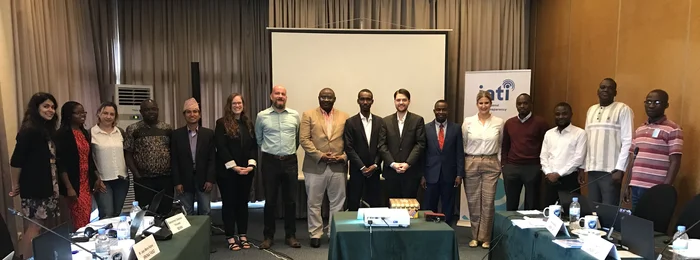
13 governments joined the Partner Country Workshop
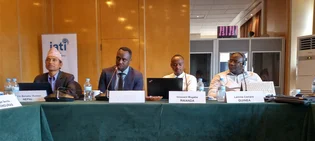
Mr. Gerald Mugabe, Acting. Director General of the External Finance Directorate, in Rwanda’s Ministry of Finance and Economic Planning
Opening the workshop, Mr. Gerald Mugabe, Acting. Director General of the External Finance Directorate, in Rwanda’s Ministry of Finance and Economic Planning said, “We are tremendously proud to host this meeting of the International Aid Transparency Initiative. As a longstanding member of IATI, and a new member of its Governing Board, we wholeheartedly support IATI’s mission of increasing the transparency of, and access to data on development finance. This workshop has reaffirmed developing country governments’ keen interest in using IATI data to supplement the information available for aid management in their countries. We look forward to working with IATI to strengthen its offer to governments to increase the visibility of development flows.”
Key takeaways
- IATI data is increasingly in demand to complement data available at the country level, especially as development partners have become less responsive to requests by governments to provide timely data on their activities.
Participants at the workshop shared and discussed ongoing challenges in meeting their development finance data needs at the country level. As has historically been the case, it is often difficult for governments to obtain data on resources that are channeled outside of government (e.g. through NGOs). Many participants also shared increasing challenges around their ability to source data from in-country partners. Participants already using IATI data highlighted that the use of IATI data allows for a more comprehensive picture of external development financing in their countries, but underscored the importance of country ownership, seeing IATI data as a complement to accountability systems already in place at the national level between partners and government, including Aid Information Management Systems (AIMS). In this regard, representatives also noted the importance of validating IATI data at the national level where possible to ensure consistency between what is reported at a global level (by organization headquarters) to IATI and country level realities. This is largely due to differences in what headquarters report to IATI and what is reported to the government. For those not already using IATI data, many participants were able to identify potentially useful data in IATI and expressed their interest in using this data to supplement their own national data going forward.
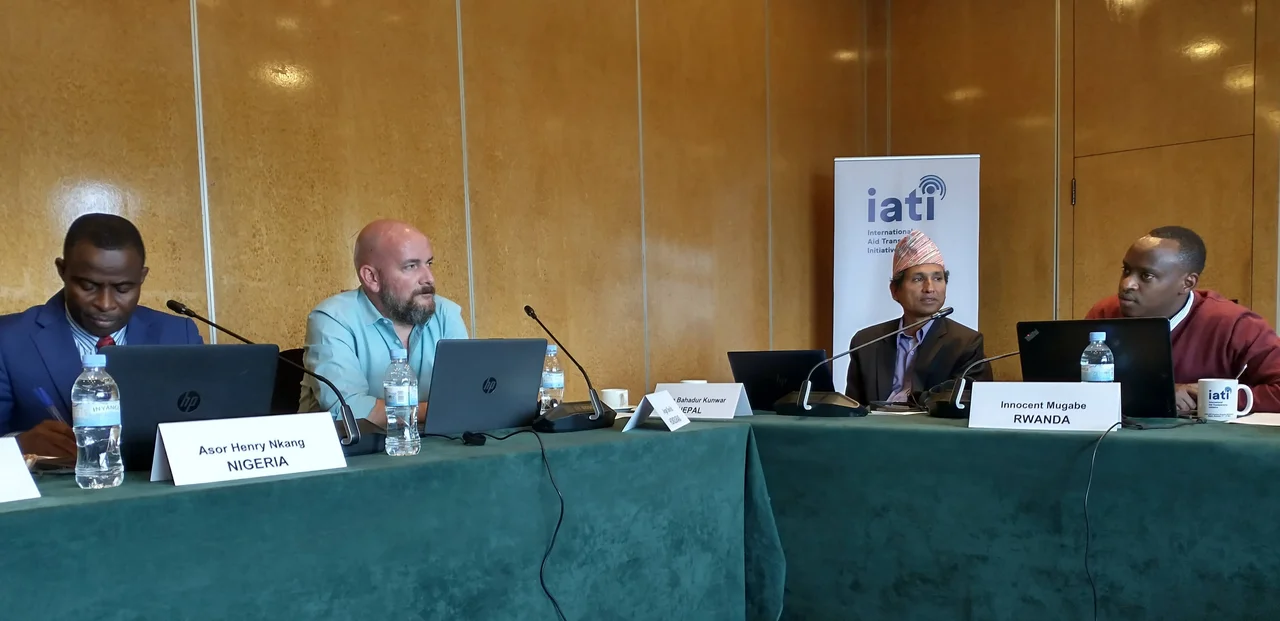
- While the quality of IATI data is steadily improving, long-standing issues still present a challenge to use of the data at the country level.
Participants applauded the work of IATI publishers and the Secretariat to continually improve the quality of IATI data over the past several years and many noted that they find the data substantially more useful than when they have attempted to use it in the past. However, attendees continued to raise common challenges and roadblocks to more systematic use of IATI data at the national level, including:
- Gaps in data, due either to individual publishers’ publishing timelines, absence of important publishers in their own country context, or publishers not reporting data into particular data fields that are essential for enabling use of the data by governments (e.g. finance type);
- Variation in the way that publishers publish to IATI, especially given the inherent flexibility of the IATI Standard;
- Lack of data from important emerging providers, including from the private sector and South-South Cooperation providers, which still present a challenge in terms of demonstrating an accurate picture of financing flows at the country level;
- Data that is either outdated or not present, from major providers of development cooperation (e.g. Japan, IMF);
- The need for validation of IATI data by governments, to overcome discrepancies between what is published at the HQ and country level;
- The issue of being able to identify whether resource flows are channeled inside or outside of government (i.e. whether they use country systems vs are channeled via and NGO); and
- How to overcome potential issues of double-counting throughout the delivery chain.
Participants also noted that improving data quality is a key enabler to ensure that IATI data is increasingly used at the national level, both to build trust and ensure accuracy of the data in important budgeting, planning, and coordination processes. The Secretariat noted that several activities are ongoing to further address data quality issues, including the development of an IATI Data Quality Index, which specifically targets granular issues impacting the ability of partner country governments and other national stakeholders to systematically use IATI data; and educating and incentivizing publishers to improve the quality of their data.
- Participants underscored the advances in accessibility and granularity of IATI data available through IATI’s new Country Development Finance Data (CDFD) tool but noted that there is more work to be done on streamlining IATI’s tools and services to make the data more useful at the country level.
Representatives received training on accessing and analyzing IATI data, specifically focused on using IATI’s new Country Development Finance Data (CDFD) tool. This tool was developed in 2021 in collaboration with national stakeholders, with the aim of providing the data most needed by partner country governments and other country-level data users. Participants had an opportunity to get hands-on experience using the tool and learn how to analyze the data using pivot tables. Attendees appreciated the advances made by the IATI Secretariat in developing CDFD, which enables more direct access to the information they need to inform planning, budgeting, and coordination processes. Participants compared their latest national-level data with what is available in IATI / CDFD, and several countries noted that there were substantially more partners publishing to IATI when compared to in-country data sources. For instance, Burkina Faso’s 2021 Development Cooperation Report, 39 partners hadresponded to questionnaires providing disbursements, but 66 donors appeared in the IATI data accessed using the CDFD tool.
However, the session on CDFD also pointed to the need for more streamlining of IATI tools, as many participants expressed confusion about which tool was most useful for what purpose (and where they could find the IATI data they needed, as well as the ability to build reports, visualizations, etc.). In order to be more useful to partner country governments (and other national stakeholders), tools for accessing IATI data should be simplified and consolidated into a single user-friendly data portal. Several countries also expressed their desire for more functionality in a future data portal, in order to present IATI data in a more user-friendly way. This could include, for instance, report-builders that allow users to populate the data as they might in their own AIMS, or a suite of data visualization tools. The IATI Secretariat noted that planning for an improved data portal is underway and encouraged participants to engage in the future consultation process for this new portal.
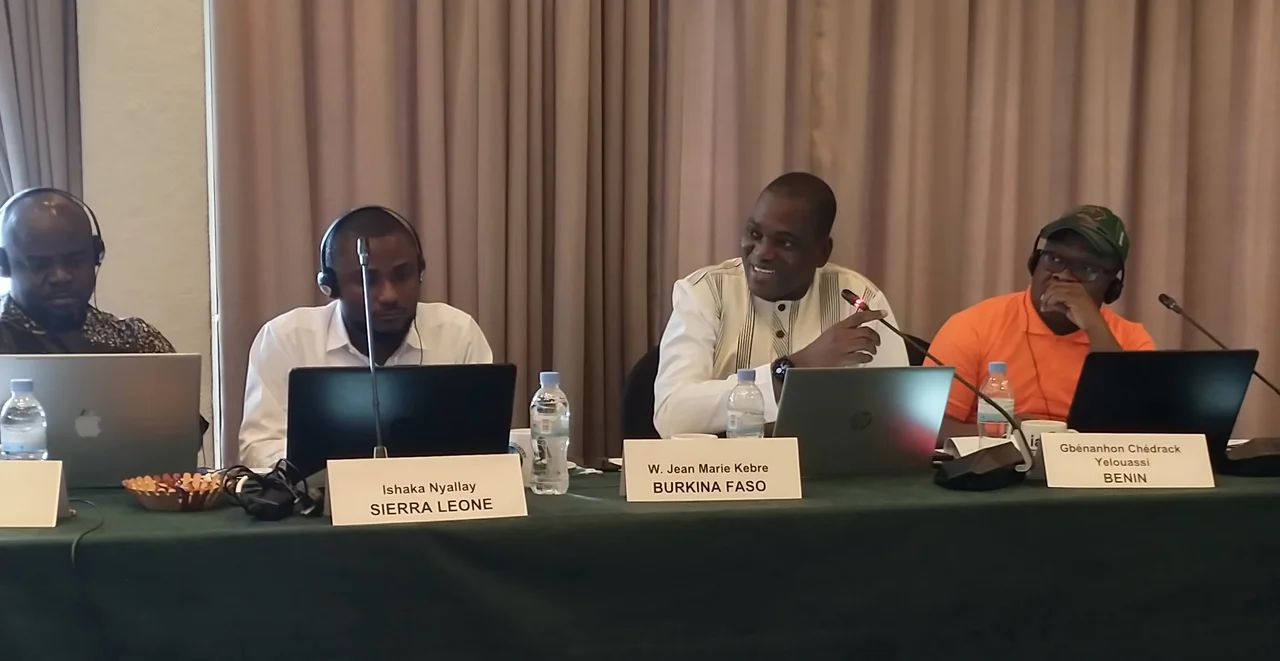
- There is still a desire amongst partner country governments for integration of their Aid Information Management Systems (AIMS) with IATI data, to provide a more holistic picture of resources at the national level.
Several countries underscored their continuing interest in integrating IATI data within their national systems; however, data quality challenges, along with the need to localize data to national contexts, remain a barrier to realizing integration in practice. Most earlier attempts at integration are no longer actively being used, however, there are some new efforts underway to integrate IATI data into AIMS, including in Liberia’s AIMS, the Liberia Project Dashboard. While this integration is still supported by a manual process rather than the envisioned automatic system integration, the government of Liberia presented their approach to integration, demonstrating to other countries that some level of integration with national systems is possible, albeit with dedicated human resources required. Directly following this partner country government workshop, the IATI Secretariat explored challenges faced by a number of countries that had previously attempted integration, during a two-day meeting bringing together AIMS providers and several of those countries. This information is intended for use in the development of an IATI “AIMS Strategy” to make further progress on the integration issue from 2023.
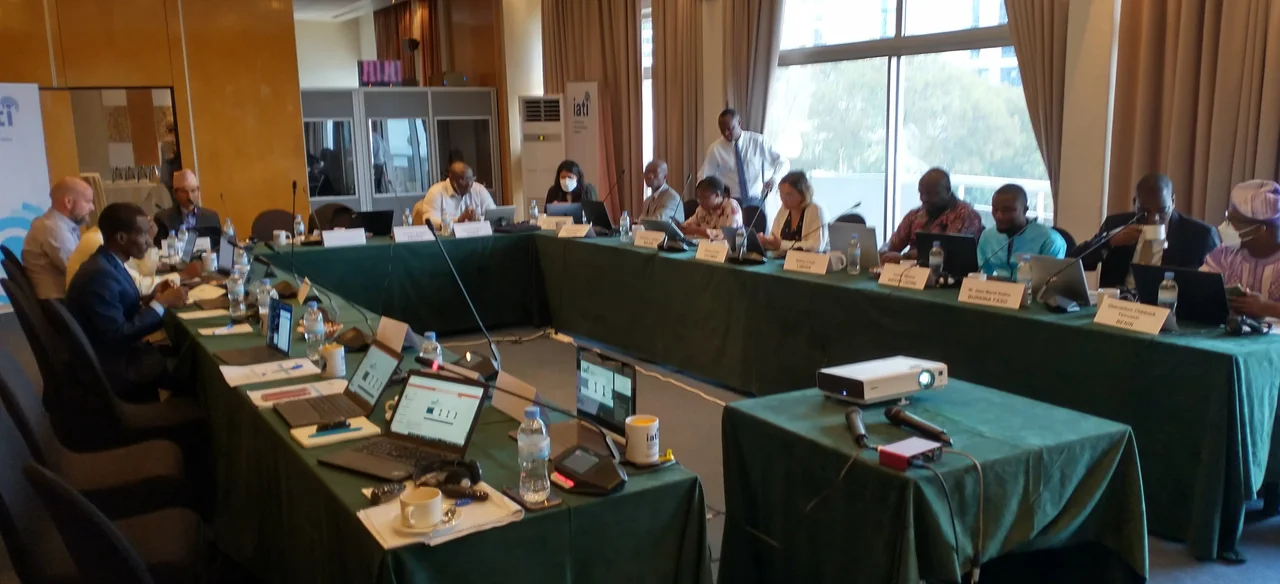
- Sessions saw fruitful exchange between partner countries on common challenges and the ongoing need for more and better data on external development finance. Partner country governments expressed their interest to play a pivotal role in shaping IATI and its Standard.
Participants consistently expressed the value of the in-person exchange and peer learning through the workshop. Presentations on use cases from Chad, Lesotho, Liberia, and Nigeria ² allowed for deep dive views into the successes and challenges countries are finding in using IATI data at the national level and showed that IATI data is increasingly being used in a systematic way by partner country governments. Participants were delighted that for the first time, the Chair of the IATI Governing Board is from a partner country government (Nigeria) and noted that this allows a renewed sense of ownership of IATI by partner country governments, who are some of the key intended beneficiaries of its data.
Action items
The following action items were agreed by the participants and IATI Secretariat at the close of the meeting:
- Partner countries committed to strengthening their engagement so the future of IATI may be shaped around country needs and priorities. The IATI Secretariat committed to continue earnestly listening to the concerns of partner countries and working jointly to provide support where it is needed so countries can trial using IATI as a supplementary data source to their in-country data systems.
- The IATI Secretariat committed to explore how the issues raised throughout the workshop can feed into future development of the Standard, including through guidance and Standard upgrades, and in the meantime will continue focusing on improvements to data quality that improve the usability of the data for partner country governments.
- All participants committed to continuing open dialogue in many forms, whether on IATI Connect or via dedicated regular meetings. The Secretariat will distribute contact information with participants so they may continue having collaborative conversations and sharing their experiences; and will also work with the IATI Governing Board representatives from partner countries (Nigeria and Rwanda) to further outline methods of engagement between partner country government members.
- Going forward, the partner country representatives are keen to continue learning and collaborating via face-to-face and virtual meetings. They also expressed an interest in using future IATI events to strengthen the dialogue between governments and IATI publishers.
Contact
For more information on IATI, please contact the IATI Secretariat at [email protected].
¹ Note: following the workshop, Lesotho joined IATI as a member (in August 2022).
² The presentations can be found in the full presentation deck from the workshop.